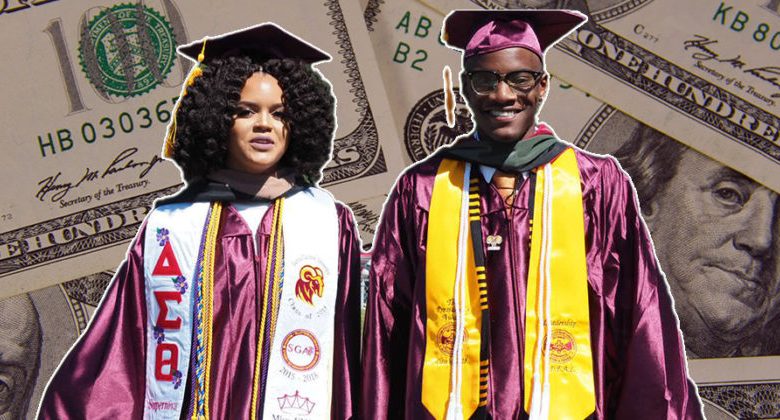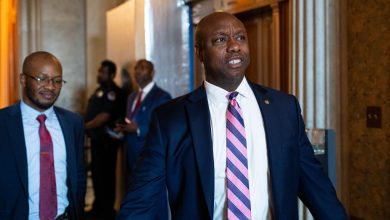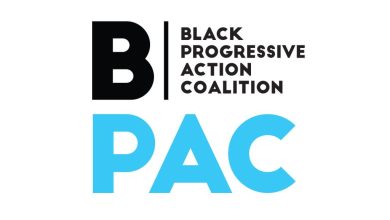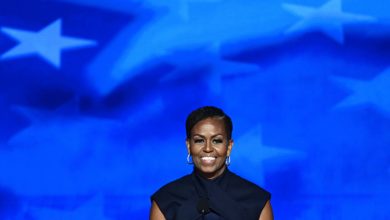HBCUs Face Financial and Institutional Pressure in 2025

Historically Black Colleges and Universities (HBCUs) are under growing financial strain as the Trump administration pushes forward with budget proposals and anti-DEI measures that impact core funding streams. While a new executive order claims to support HBCUs, education leaders warn that the gap between rhetoric and reality is widening.
On April 23, the White House announced the “White House Initiative on HBCUs”, aimed at strengthening institutional capacity, encouraging private-sector partnerships, and improving access to federal R&D funding. The initiative includes a new President’s Board of Advisors on HBCUs and a proposed annual summit.
“President Trump is committed to elevating HBCUs,” the White House said in its official statement, calling the schools “beacons of educational excellence and economic opportunity.”
But HBCU leaders and advocates say that behind the messaging, substantial budget cuts are already underway. According to The Chronicle of Higher Education, more than $140 million in federal research grants have been canceled at HBCUs since March. Many of these cancellations stem from anti-DEI policies that have frozen or eliminated grants focused on racial disparities and minority representation.
Derrick Johnson, president of the NAACP, criticized the new executive order as “smoke and mirrors.” In a statement released April 28, he said, “Slogans are not enough for Black America. We are worthy of genuine advancement.”
At Tennessee State University, Vice President of Research Quincy Quick said the school has halted all research spending: “The pool and the resources are now just getting that much smaller, and the competition has just gotten that much stiffer.”
Significant losses include over $24 million in terminated grants at North Carolina A&T State University, and $11 million at Howard University including a $3 million STEM grant. Howard, the only HBCU with R1 status, is especially vulnerable due to its unique federal charter.
In early May, the administration released its FY2026 budget proposal, which would cut Howard’s funding by $64 million—just days after Trump claimed HBCUs had “no reason to fear” federal funding cuts during a town hall. The White House later said the decrease reflected the end of a multiyear, one-time $300 million hospital investment, but Howard called the funds essential to fulfilling its mission.
“The University is aware of the Trump Administration’s proposed funding recommendations for Howard University… We look forward to sustaining the FY 2026 budget to at least the level provided in FY 2025,” the school said in a statement.
Grant cancellations have also impacted institutions like Florida A&M University, which lost a 33-year-old $16 million biomedical grant, and Morehouse School of Medicine, which had a $2.9 million maternal health research grant terminated.
A federal judge recently ruled these grant cuts unlawful, ordering their restoration. The Department of Justice is expected to appeal. Lodriguez Murray of the United Negro College Fund (UNCF) claimed some cancellations were the result of “overzealous bureaucrats,” not direct White House orders.
Still, uncertainty remains. Hampton University President Darrell K. Williams said officials were “fairly well assured” that HBCUs weren’t specifically targeted—but many remain cautious.
Grant writers at several HBCUs are now removing words like “Black” and “underrepresented” to avoid triggering disqualifications. Crystal DeGregory, an HBCU historian, warned, “If we abandon our mission… we will regret it.”
At a time when 13 HBCUs are classified as Research 2 institutions, and many are striving for R1 status, these changes come at a critical juncture. Melissa Hodge-Penn, interim vice chancellor at North Carolina A&T, said, “We are still calculating our loss because we have been receiving terminations each week.”
Trump officials point to past accomplishments—such as debt relief and long-term federal loans—as proof of support. But many in the HBCU community say the future is at risk.
“This is our existence,” Quick said. “It was sobering, but also a reality that institutions like HBCUs have and have had forever.”




